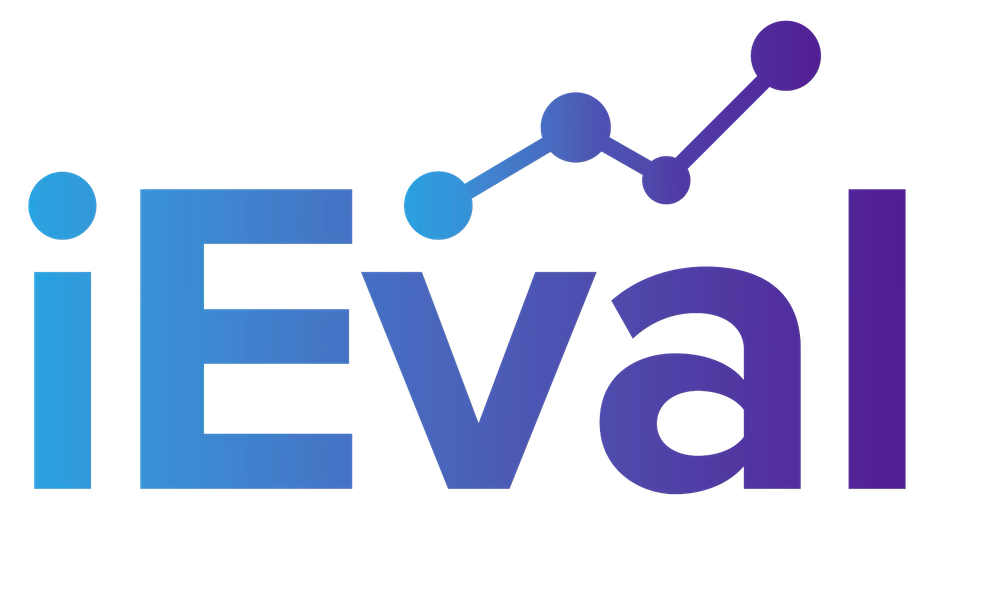This week is the third of a four part series where each of us takes a turn to talk about our own specific evaluation qualifications and how we believe those qualifications have helped us provide a focus on use for our clients. I have worked as an elementary classroom teacher and received a PhD in evaluation in 2013. I work in a university setting, conducting educational program evaluation for clients across the country.
Education. My background is in education, first as an elementary school teacher, then working for a university-based evaluation center. I eventually earned a Master’s degree and PhD in evaluation. My plan was never to become an evaluator. I came about it in a roundabout way, as I think is the case for most. I decided to pursue my PhD in evaluation, in part, because my graduate school advisor told me that because there is no formal evaluator certification process in the United States. If I want to call myself an “evaluator,” the best way to do that is by having a PhD in evaluation. Obviously, it’s not a magic bullet - as there are many good evaluators without PhDs and vice versa. But the knowledge I gained through years of classes, presentations, and writing a dissertation about evaluation gave me confidence, content knowledge and invaluable professional and academic contacts.
Real Life Experience. I started my working life as an elementary school teacher and moved into evaluation from there. Being trained as a classroom teacher has given me so much insight as I work in educational program evaluation. It’s also gives me some street credibility when I work with other teachers and educators. Real life experience is also useful as an evaluator. I’ve been working in the evaluation field since 2002. Those years of experience have helped me understand the bigger picture and ask the right questions. It helps me head off possible problems and understand what use looks like.
Continued Learning. Evaluation is a growing field and there is always something new on the horizon. Keeping up with the field is important. Luckily, it’s possible to learn more about evaluation through multiple channels: conferences, talks, professional development, classes, blogs, podcasts and colleagues. This information helps me become a better, more informed evaluator.
DR. EVERETT’S USEFUL TIP: Education, real life experience, and continued learning - three important ingredients for any successful career.

